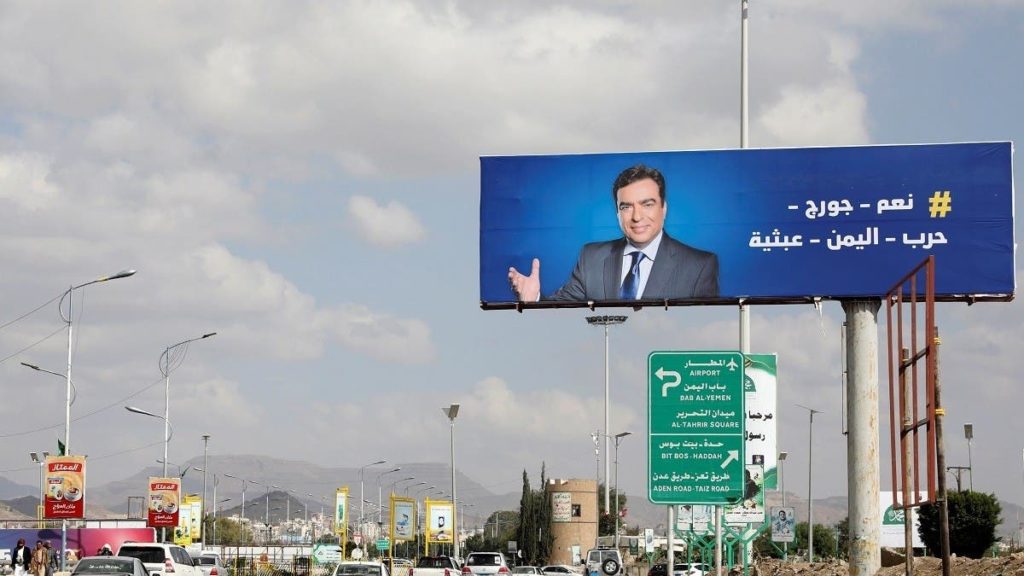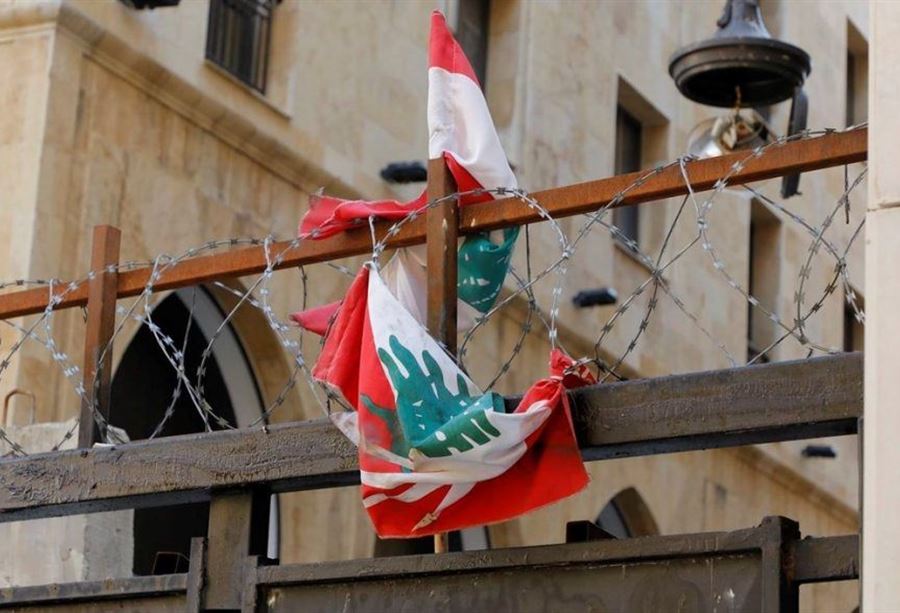
By BASSEM MROUE
BEIRUT (AP) — Lebanese politicians scrambled to resolve a diplomatic spat with Saudi Arabia and other Gulf nations on Saturday, after comments by a Cabinet minister about the war in Yemen stoked their ire.
Kuwait and the United Arab Emirates followed the Saudis with measures against Lebanon, increasing pressure on a crisis-hit country badly in need of foreign assistance amid a crippling economic and financial crisis.
The row is one of the worst rifts between the Gulf nations and Lebanon in years. Relations have been strained over growing Iranian influence in the small nation, where Saudi Arabia has traditionally been a powerful ally.
On Saturday afternoon, Saudi ambassador to Beirut Waleed Bukhari flew home after he was recalled by his government, according to airport officials in Beirut. Bukhari’s departure came a day after Saudi Arabia ordered Lebanon’s ambassador to Riyadh to leave within 48 hours and banned all imports from Lebanon.
Saudi Arabia has for decades been a huge market for Lebanese products.
The moves came as the Arab League chief expressed concerns about the deterioration of ties between Lebanon and wealthy Gulf countries over statements made by Information Minister George Kordahi.
The U.S. State Department said in a statement: “We urge that all diplomatic channels remain open between the parties to ensure meaningful dialogue on the pressing issues facing Lebanon.”
Lebanon’s Foreign Minister Abdallah Bouhabib said Prime Minister Najib Mikati is in contact with foreign officials who asked him not to think about resigning. The minister added that he is in contact with the Americans to help solve the crisis.

Lebanon’s Interior Minister Bassam Mawlawi told the U.S.-based Arabic-language Alhurra TV that Mikati has asked the international community, specifically the U.S., to help solve the crisis, and to open room for dialogue with Saudi Arabia over all pending issues.
Kordahi described — on a TV program filmed in August and aired this week — the war in Yemen as an aggression by Saudi Arabia and the United Arab Emirates. He called the war “absurd,” saying it must stop because he is opposed to wars between Arabs.
Yemen has been convulsed by civil war since 2014, when the Iran-backed Houthi rebels captured the capital, Sanaa, and much of the north of the country. That forced the internationally recognized government to flee to the south, then to Saudi Arabia.
A Saudi-led coalition entered the war in March 2015, backed by the United States, to try to restore the government to power. Despite a relentless air campaign and ground fighting, the war has deteriorated largely into a stalemate and spawned the world’s worst humanitarian crisis.
On Saturday evening, Kordahi visited Cardinal Bechara Rai, the head of Lebanon’s Maronite Catholic church, to consult him on the matter but gave no comments afterward. Kordahi, a former show host on a Saudi-owned TV station, had earlier refused to apologize, saying his comments meant no offense to the kingdom.
Earlier in the day, Kuwait followed Saudi Arabia and Bahrain by ordering the Lebanese charge d’affaires to leave the emirate within two days.
Later Saturday, the United Arab Emirates’ state-run WAM news agency said that it would withdraw its diplomats from Lebanon in solidarity with Saudi Arabia. It added that the consular and visa section at its embassy in Lebanon will continue working.
The UAE also said Emiratis would be ”prevented” from traveling to Lebanon.
Qatar’s Foreign Ministry followed with a statement offering its “astonishment and denunciation” of the remarks, urging Lebanon to “calm the situation and hasten to heal the rift.” Oman, long an interlocutor between Iran and the West, called on all to “to exercise restraint and work to avoid escalation and address differences through dialogue and understanding.”
In Beirut, several government officials met Saturday to discuss the crisis that is likely to have major repercussions on Lebanon. The meeting was briefly attended by the U.S. embassy’s Deputy Chief of Mission Richard Michaels at the foreign ministry in Beirut, according to Bouhabib.
“They can help in solving these problems,” Bouhabib said about the United States.
Bouhabib canceled his visit to Glasgow, Scotland, where he was supposed to attend a U.N. climate summit, to deal with the crisis with the oil-rich Gulf nations. He said Mikati will go to Glasgow, where he will discuss the crisis with foreign dignitaries.
President Michel Aoun said in a statement Saturday that Lebanon wants the best relations with Saudi Arabia and its neighbors.
Kordahi made the comments on a TV program before he was chosen for the post in September. Kordahi is close to the Christian Marada Movement, an ally of the militant Hezbollah group.
In Cairo, Arab League Secretary General Ahmed Aboul-Gheit said the crisis caused by Kordahi’s comments has led to a “great setback” in Lebanon’s relationship with the Gulf countries.
He urged Lebanon’s president and prime minister to take “necessary steps” to ease the tension, especially with Saudi Arabia.
Aboul-Gheit also called on Gulf officials to review measures that could have negative consequences on Lebanon’s already battered economy.
Associated Press


Leave a Reply
You must be logged in to post a comment.